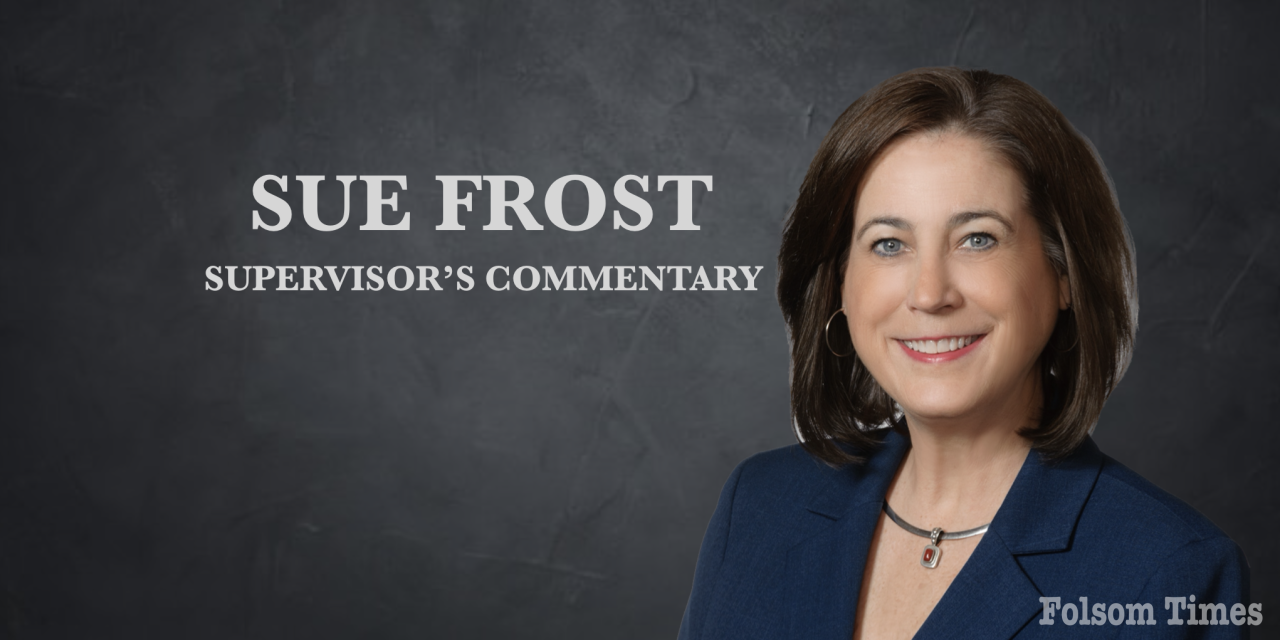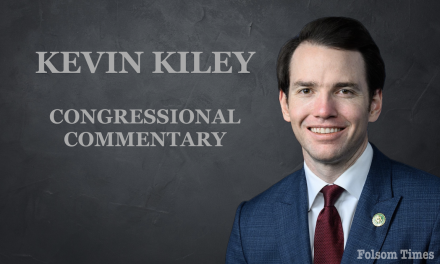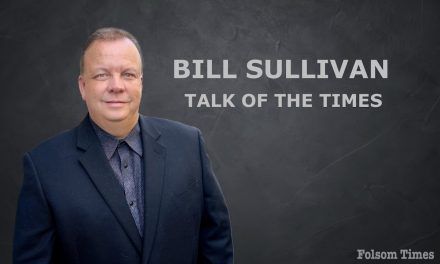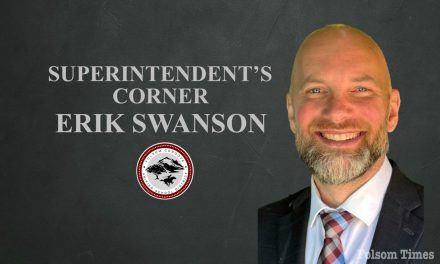I want to share my concerns about a significant policy change that has the potential to impact not only Californians but also people across the entire country. California’s Advanced Clean Fleets (ACF) rule, established last October by the California Air Resources Board, mandates that all medium and large trucks transition to electric vehicles by 2035. This rule applies to any fleet of at least 50 trucks operating within our state, regardless of where a company’s headquarters might be.
California is a big player on the global stage—our decisions impact people from all walks of life, not just in our state but around the world. The ACF rule is no exception, especially since we’re waiting to see if the Environmental Protection Agency will let California set its own emissions standards. If they say yes, other states might follow our lead.
It sounds good in theory, but the reality is complex. The people who run our supply chains, from businesses to truck drivers, face a huge challenge. There’s even legal pushback, including from the California Trucking Association, arguing that this rule goes too far and disrupts the national goods movement industry.
Let’s break down what this means for us. California’s ports like Los Angeles and Long Beach handle almost $500 billion in cargo yearly. With over 1.8 million trucks on our roads and less than 300 of them electric, you can see the gap we need to bridge.
The shift from diesel to electric trucks is steep. Diesel trucks can travel up to 2,000 miles on a single tank and take about 15 minutes to refuel. Electric trucks? They cost much more, might only get you 150 to 500 miles per charge, and take up to three hours to recharge. And with only a few public charging stations available, meeting the state’s goals will be a massive, costly project.
Also, our push for more renewable energy sources like wind and solar has its own set of challenges.
Just days after mandating all new cars be electric by 2035, Californians were asked to cut back on electricity to avoid blackouts. Plus, the costs to produce these electric batteries are high, both financially and environmentally.
The trucks themselves need two huge batteries that add a lot of weight, which means trucks will need to carry lighter loads or more trucks will be needed, potentially leading to more traffic.
The bottom line is that the extra costs—from the trucks to the infrastructure and electricity—will ultimately fall on us, the consumers and taxpayers. This includes higher prices and taxes to cover these expenses and likely shortages of goods.
I support cleaner air, but we need to be practical. Instead of just using catchy slogans or unrealistic plans, we should use proven methods. Let’s improve our roads and highways to help reduce traffic jams and update our ports and freight stations to keep trucks from idling while they wait for loads. These steps can truly help reduce emissions.
Thank you for reading – and as always if you want to contact me, call me at 916-874-5491, or e-mail me atSupervisorFrost@saccounty.gov.
Sacramento County Supervisor Sue Frost represents the 4th District, which includes the communities of Citrus Heights, Folsom, Orangevale, Antelope, North Highlands, Rio Linda, Elverta, and Rancho Murieta.
The above commentary was authored by County Supervisor Sue Frost and submitted to Folsom Times. She can be reached at: SupervisorFrost@saccounty.gov. The views and opinions expressed in community commentary submissions are that of the authors and do not reflect the views and opinions of Folsom Times, its management, staff, stakeholders or advertisers.
Do you have an opinion or a viewpoint?As a resource and voice for the community, residents are welcome to submit their opinion/commentary writings for consideration. All submissions MUST include writers full legal name, address and phone number for verification and legal responsibility of all content submitted. To be considered for publication, all Community Commentary submissions must include a high resolution headshot/portrait of the author with full permission for publication and be submitted to:folsomtimeseditor@gmail.comany submissions sent to other departments will not be forwarded or considered.
All submissions to Folsom Times are subject to review and approval or disapproval by All Town Media. LLCand its legal advisors




